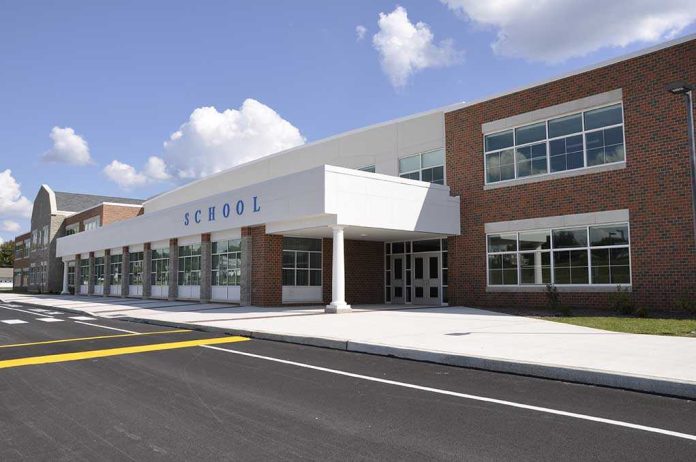
When a first-grade teacher in Virginia survived being shot by a 6-year-old student—and then won a $10 million verdict against her school’s own administration—the legal and ethical ground under American education shifted forever.
Story Snapshot
- A 6-year-old shot teacher Abby Zwerner, who then sued and won $10 million for gross negligence.
- The jury found the assistant principal personally liable for ignoring staff warnings about the threat.
- This verdict may set a new standard for holding school officials accountable nationwide.
- The case highlights urgent questions about school safety, guns, and where responsibility truly lies.
The Day a Classroom Became a Courtroom’s Case Study
January 6, 2023, was supposed to be an ordinary day at Richneck Elementary in Newport News, Virginia. Instead, Abby Zwerner joined a list no teacher ever expects: those wounded by gunfire in their own classroom. The shooter was only six—an age more associated with learning to read than with violence. Yet, this child brought a gun from home, shot Zwerner, and left her with life-altering injuries and a bullet lodged near her heart. The aftermath was not simply about recovery. It became a legal drama that exposed the hidden cracks in America’s school safety systems.
Four staff members had warned the assistant principal, Ebony Parker, that the child might have a gun that day. Instead of decisive action, the threat was dismissed. Zwerner’s civil lawsuit argued this was not a tragic accident—it was gross negligence, a preventable failure that nearly cost her life. The school district and administrators tried to deflect blame, but the evidence painted a picture of warnings ignored and protocols abandoned. When the jury’s verdict thundered down in November 2025, awarding Zwerner $10 million and holding Parker personally responsible, it sent shockwaves through the nation’s schools.
Legal Precedent and the Burden of Accountability
Holding a school administrator personally liable for not acting on warnings is almost unheard of in American law. In most school shooting lawsuits, blame is distributed among vague “systemic failures,” not pinned to a single official. This time, the jury decided that Parker’s inaction was egregious enough to cross the line from error into gross negligence. Legal experts now debate whether this case will become a new standard—forcing administrators everywhere to take staff concerns with the utmost seriousness or risk personal financial ruin. The verdict also raises deeper questions. When a child as young as six gains access to a loaded gun, who is truly responsible? The student’s mother is serving nearly four years in prison for child neglect and gun violations, but the school’s own failures are now etched into the legal record.
Zwerner’s journey since the shooting has been one of painful resilience. Six surgeries and months of recovery have not removed the bullet near her heart—it remains too risky to extract. The emotional toll lingers, but so does a sense of vindication. Her legal team hailed the verdict as a necessary wake-up call, insisting that educators and parents alike are watching what real accountability looks like.
Ripple Effects—From School Policy to National Debate
This case is forcing school districts nationwide to re-examine their safety procedures. Administrators are suddenly aware that ignoring threats could cost more than their jobs; it could cost them personally in court. Some education policy analysts warn that this may push school leaders into defensive, even paranoid, decision-making. Others argue it’s about time that real consequences followed real negligence. The debate is not just legal—it’s intensely political, especially as school shootings continue to haunt headlines. Will insurance premiums for school districts rise? Almost certainly. Will staff become more vigilant, or will fear of lawsuits paralyze decision-making? Only time will tell. For now, Zwerner’s case stands as a lightning rod in the national conversation about guns, school safety, and the sometimes blurry boundaries of personal and institutional responsibility.
Advocacy groups see the verdict as a step toward restoring trust in public education. Critics, however, worry that the rush to assign blame to individuals will distract from deeper, systemic problems—like lax gun storage laws and insufficient mental health support for young children. There is no simple answer, but there is a new warning: ignore credible threats at your own peril, or risk the wrath of both juries and the communities schools serve.
Sources:
Jury Awards $10 Million to Teacher Shot by 6-Year-Old Student




